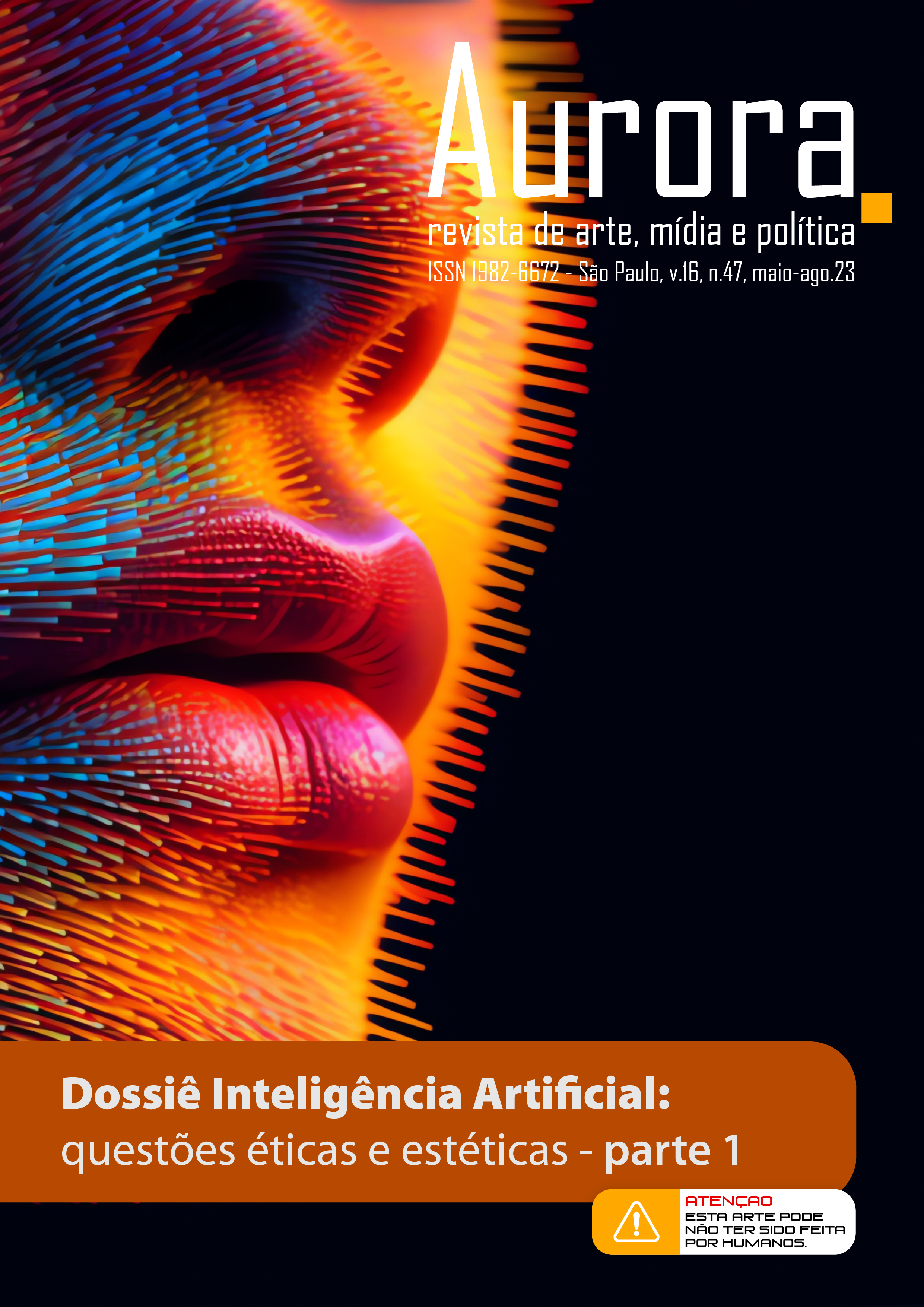New regulatory challenges
the recently created National Data Protection Authority (NDPA) in light of the investigation into data sharing between Whatsapp and Facebook
DOI:
https://doi.org/10.23925/1982-6672.2022v15i47p134-151Keywords:
ANPD, LGPD, Data Protection, WhatsApp, FacebookAbstract
This article addresses the issues related to the investigation conducted by the Brazilian National Data Protection Agency (ANPD) regarding the adequacy of data sharing between WhatsApp and the Meta group companies (which include Facebook and Instagram) under the domestic General Data Protection Law (LGPD). As the first major investigation by the ANPD, established during Michel Temer's administration in 2018, the ongoing procedure could be crucial in determining the regulatory agency's firepower against Big Tech companies.
References
ADORNO, Theodor W. Estudos sobre a personalidade autoritária. São Paulo: Editora Unesp, 2019.
CASTELLS, Manuel. A sociedade em rede. Rio de Janeiro: Paz e Terra, 2022.
EMPOLI, Giuliano da. Os engenheiros do caos: Como as fake news, às teorias da conspiração e os algoritmos estão sendo utilizados para disseminar ódio, medo e influenciar eleições. São Paulo: Vestígio, 2020.
FOUCAULT, Michel. Vigiar e punir: Nascimento da prisão. Rio de Janeiro: Vozes, 2014
GALLEGO, Esther Solano (ORG.). O ódio como política: A reinvenção das direitas no Brasil. São Paulo: Boitempo, 2018.
KAISER, Brittany. Manipulados: como a Cambridge Analytica e o Facebook invadiram a privacidade de milhões e botaram a democracia em xeque.
MOROZOV, Evgeny. Big Tech: A ascensão dos dados e a morte da política. São Paulo: Ubu Editora, 2018.
MOUNK, Yascha. O povo contra a democracia: por que nossa liberdade corre perigo e como salvá-la. São Paulo: Companhia das Letras, 2019.
O´NEIl, Cathy. Algoritmos de destruição em massa: Como o Big Data aumenta a desigualdade e ameaça a democracia. Santo André: Editora Rua do sabão, 2020.
PARISIER, E. The filter bubble: What the internet is hiding from you. New York: Penguin Press, 2011.
PASQUALE, Frank A. Platform Neutrality: Enhancing Freedom of Expression in Spheres of Private Power (May 12, 2016). 17 Theoretical Inquiries in Law 487 (2016)., U of Maryland Legal Studies Research Paper No. 2016-24, Disponível em SSRN: https://ssrn.com/abstract=2779270
PASQUALE, Frank A. A esfera pública automatizada. Revista Líbeo. São Paulo: 2017. p.28-29
RUNCIMAN, David. Como a democracia chega ao fim. São Paulo: Todavia, 2018.
SEGURADO, Rosemary. Desinformação e Democracia: A guerra contra as fake news na internet. São Paulo: Hedra, 2021.
SILVEIRA,, Sergio Amadeu da. Tudo Sobre Tod@s: Redes Digitais, Privacidade e Escândalos. São Paulo: Edições Sesc São Paulo, 2017.
SILVEIRA, Sergio Amadeu da. Democracia e os códigos invisíveis. São Paulo: Edições Sesc, 2019 - Página 60
SYKES, Jay B. The American Innovation and Choice Online Act Updated December 2, 2022. Washington: Congressional Research Service, 2022.
SUSTEIN, C.R. Republic.com 2.0. Nova Jersey: Princeton University Press.
ZUBOFF, Shoshana. The age of surveillance capitalism: The fight for a human future at the new frontier of power. Nova York: Public Affairs, 2019.
Downloads
Published
How to Cite
Issue
Section
License
Copyright (c) 2023 Aurora. Journal of Art, Media and Politics.

This work is licensed under a Creative Commons Attribution 4.0 International License.











